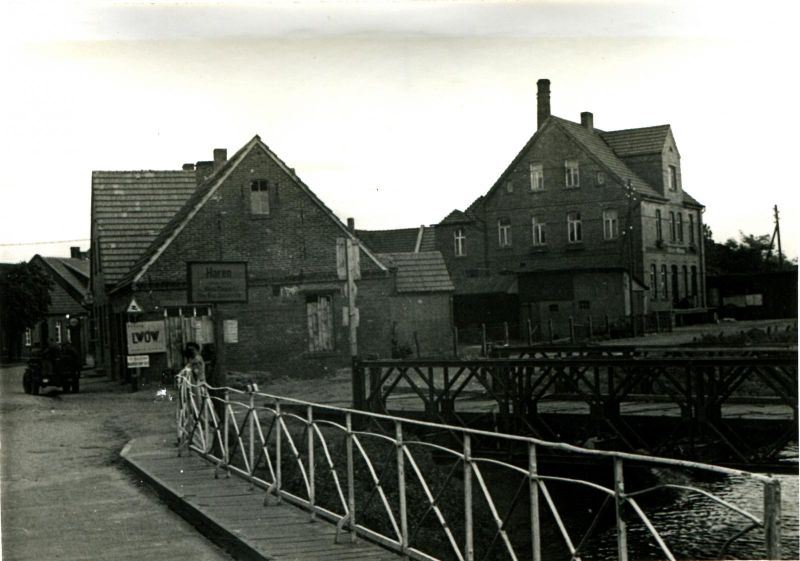Maczków. A Polish enclave in North Germany
Mediathek Sorted
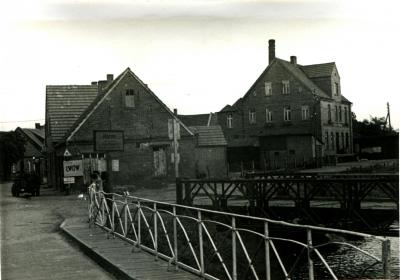

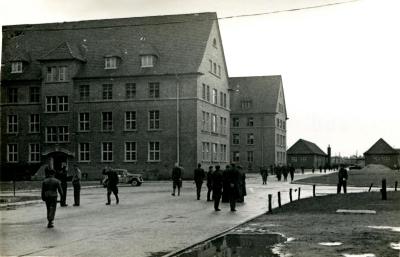
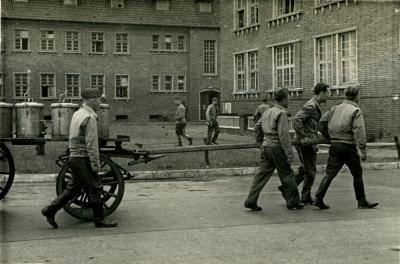
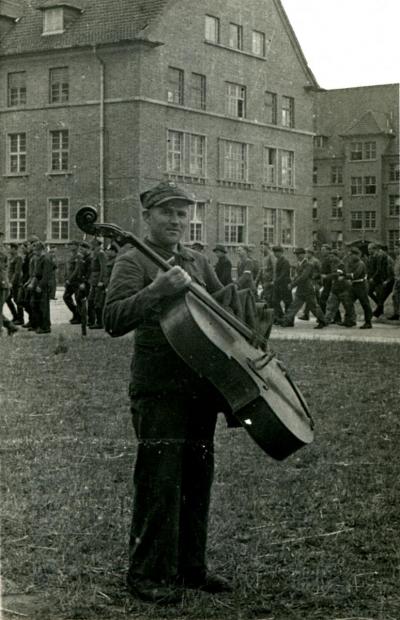
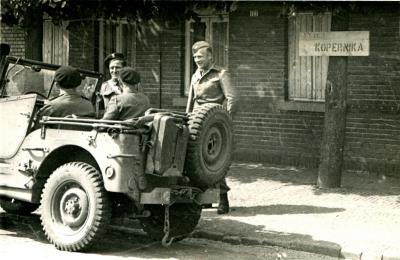
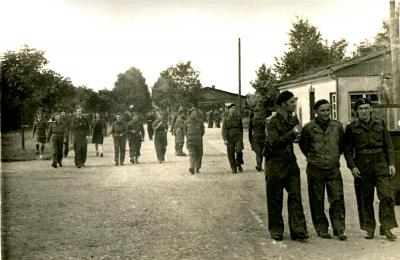
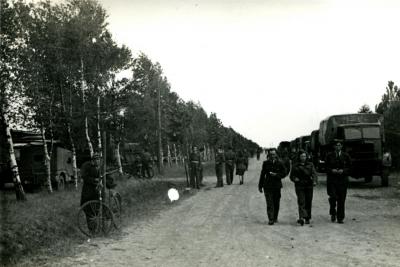
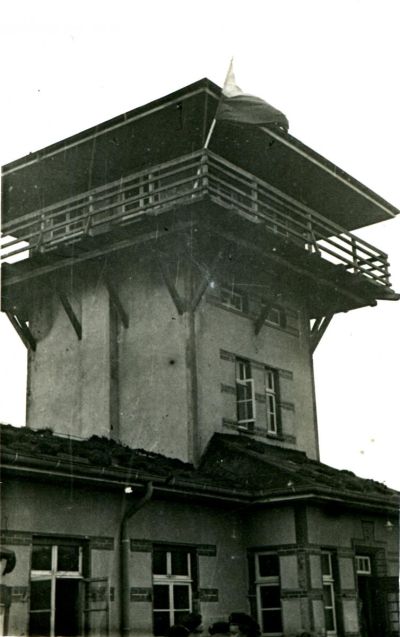
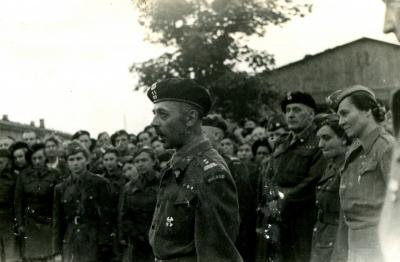
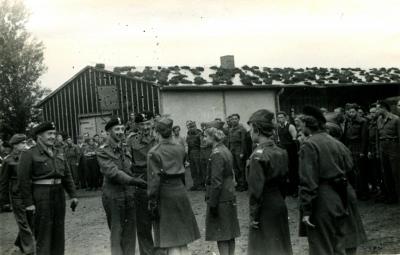
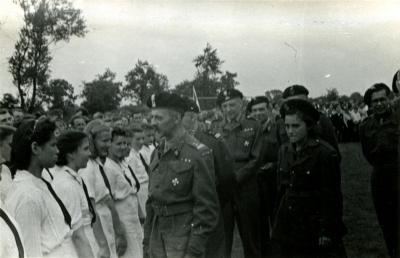
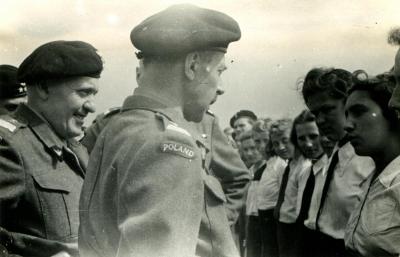
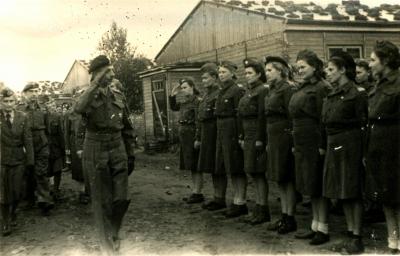
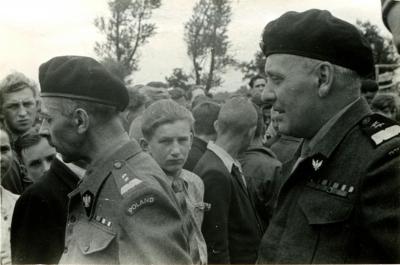
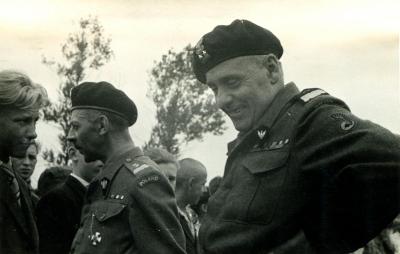
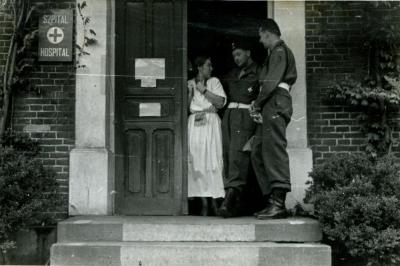
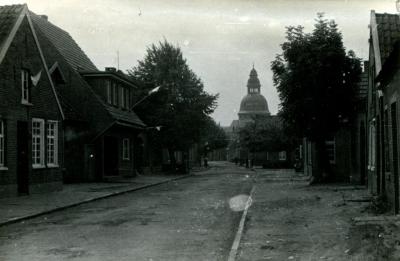
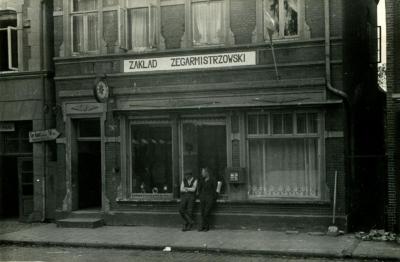
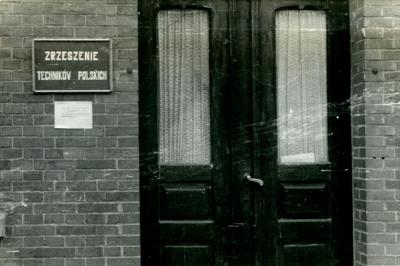
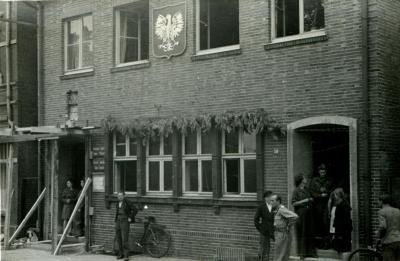
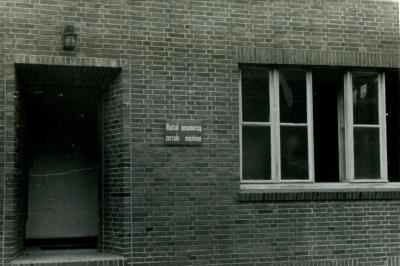
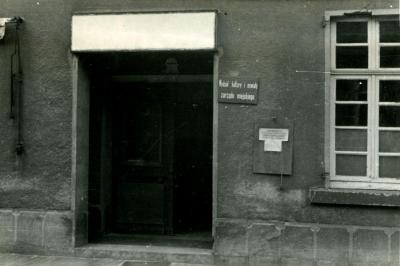
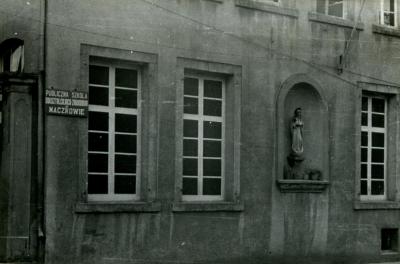
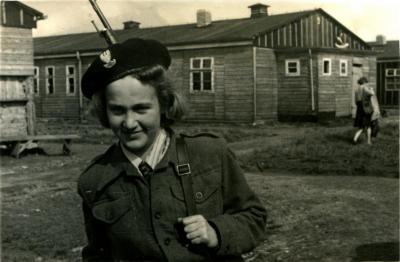
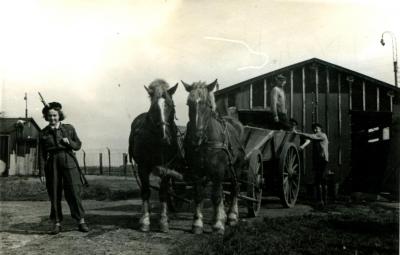
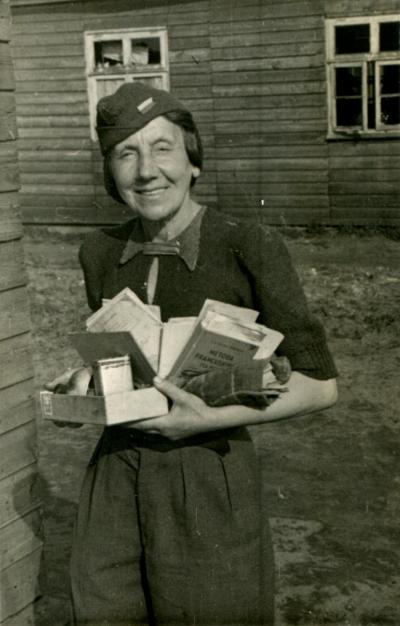
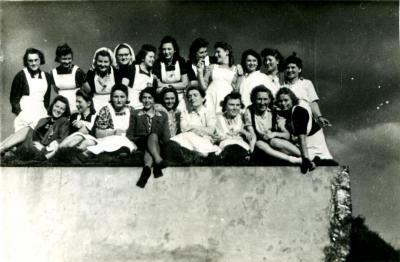
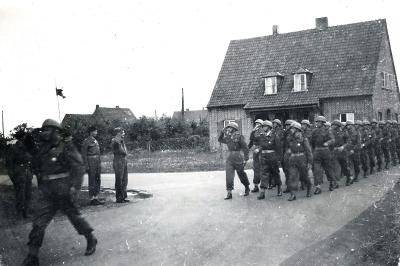




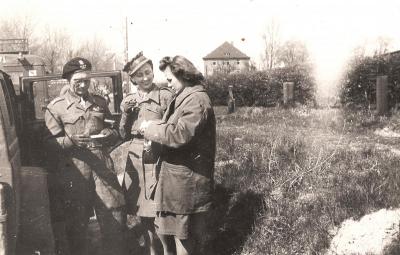
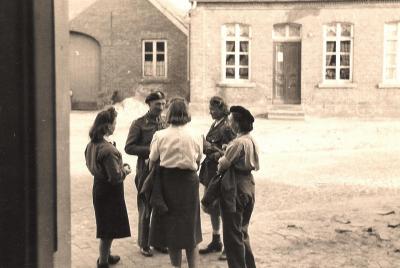
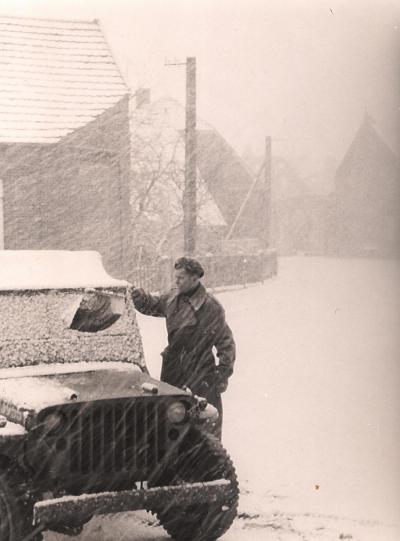

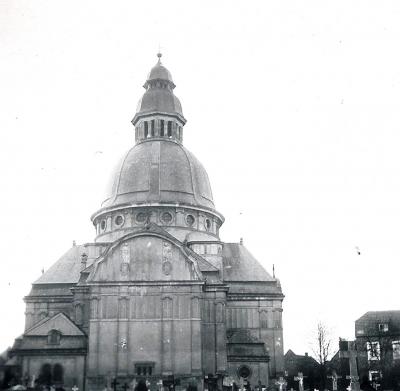
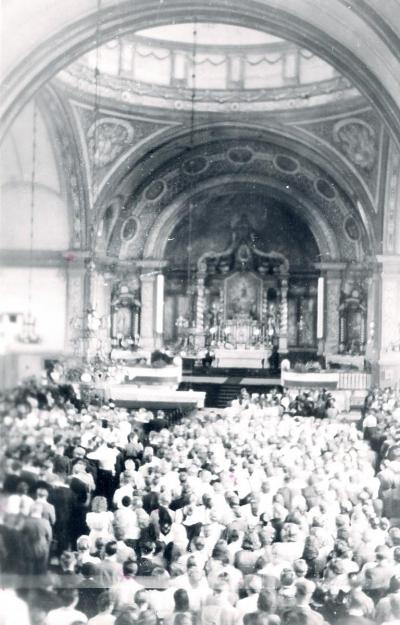
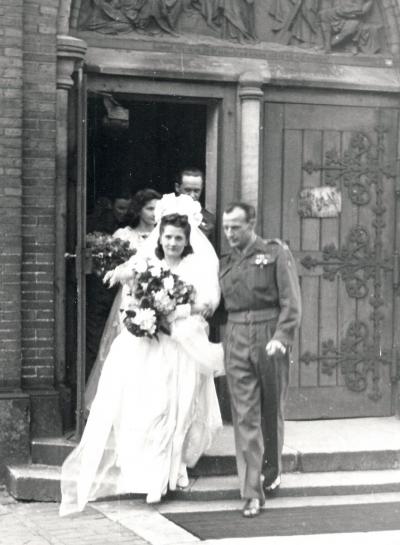


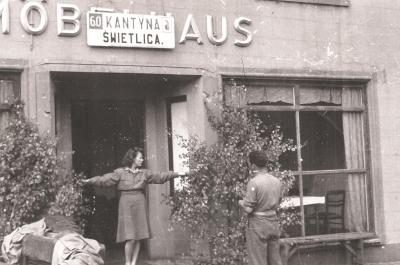



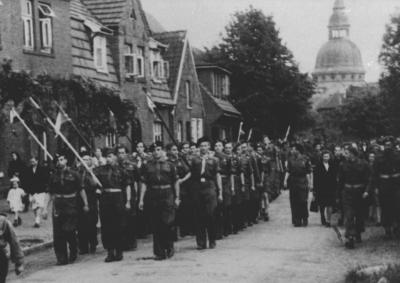

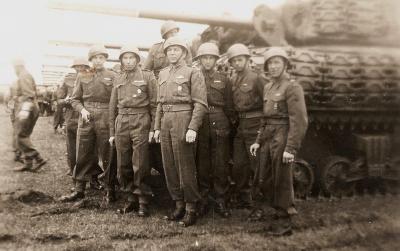
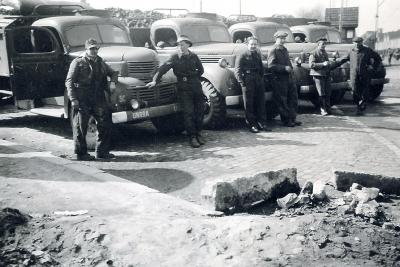
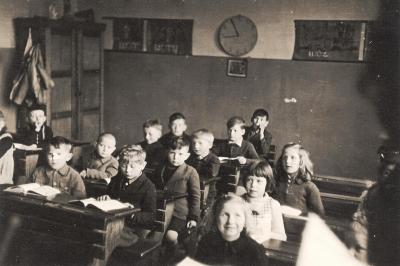
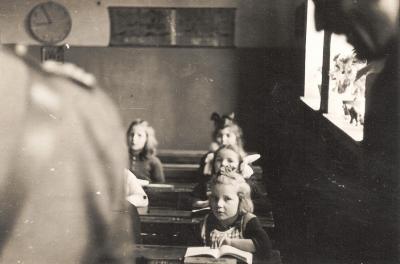
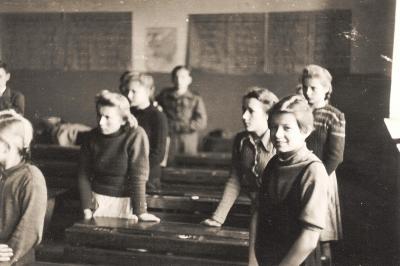
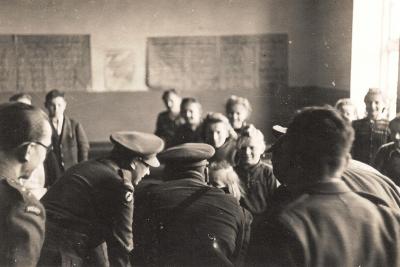
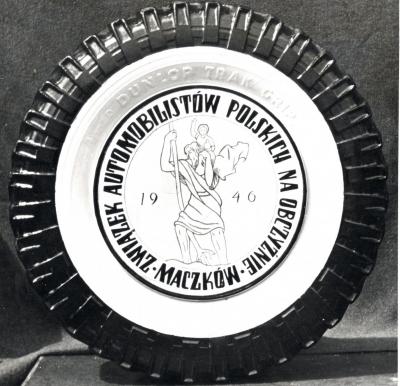












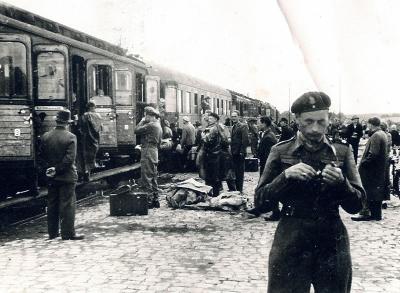
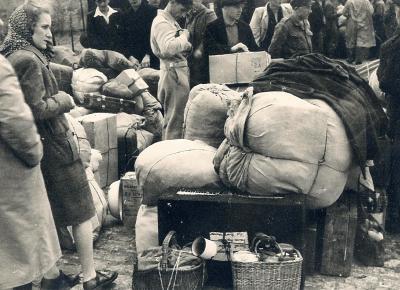
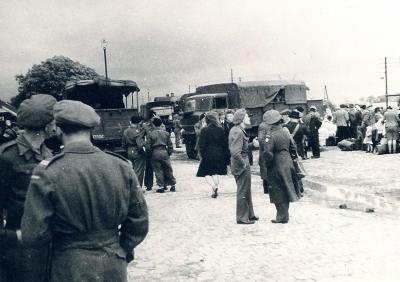
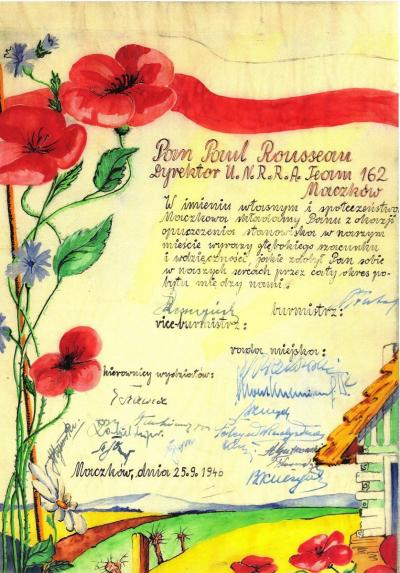
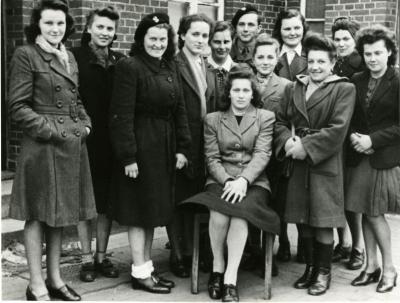
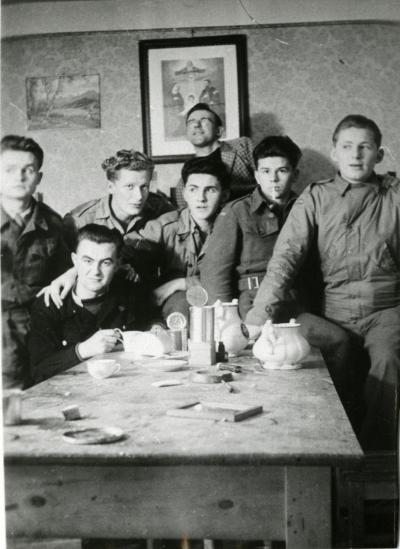
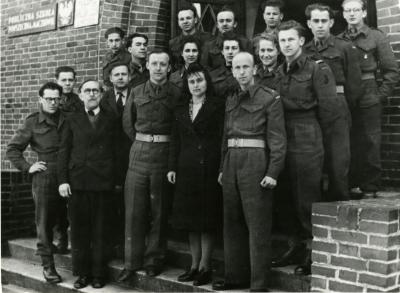
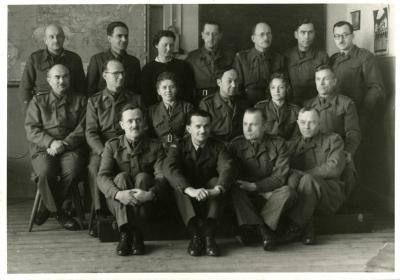
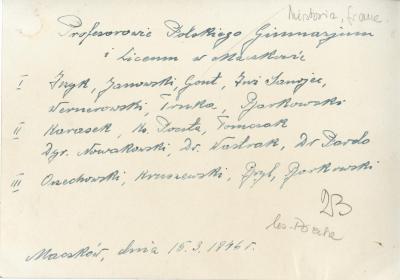
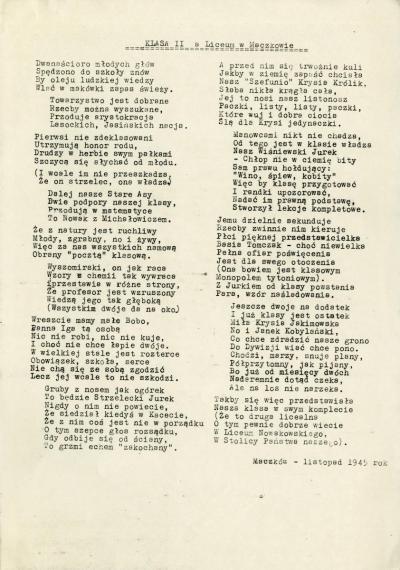
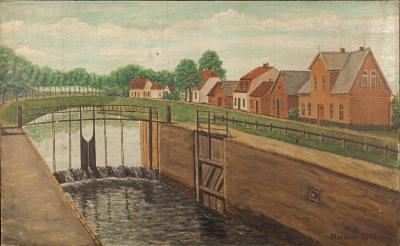
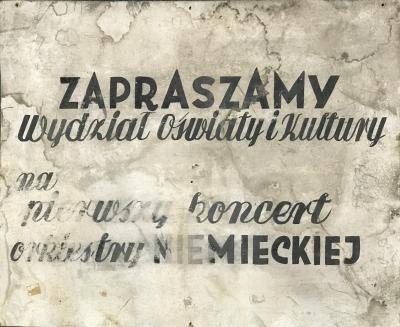
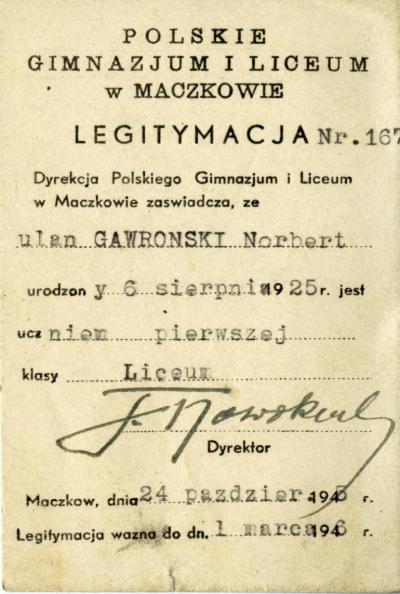
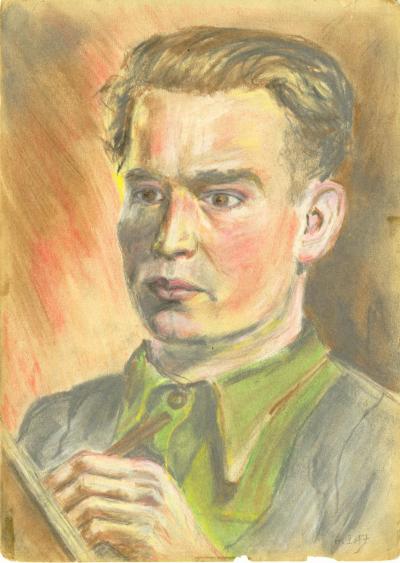





Maczków. Polnische Enklave in Norddeutschland - Hörspiel von "COSMO Radio po polsku" auf Deutsch

Paradies auf Zeit - wie aus Haren Maczków wurde




























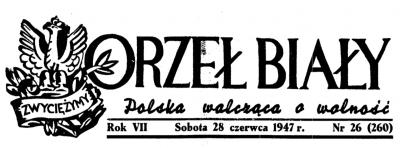
















































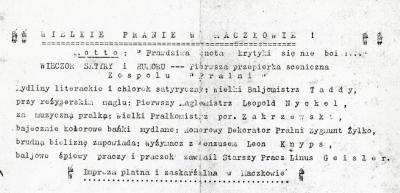


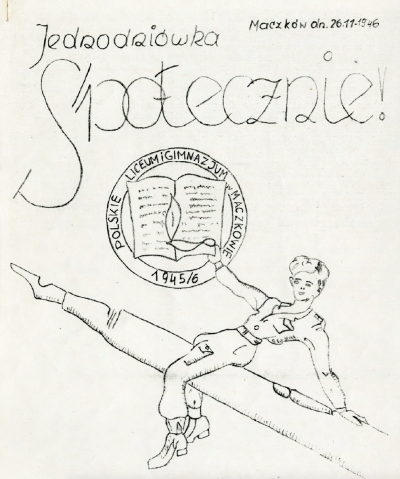












The return of the German inhabitants
The withdrawal of Polish soldiers from Haren began in autumn 1946, and in September 1947 the British occupying power returned the town to the Germans. On September 6th1947, 163 of 514 houses were returned to their German owners. In the following months more and more Poles left the city. The last Polish family left Maczków in August 1948 and the town was renamed Haren on 10thSeptember 1948.
After returning to their houses, the Germans complained about damage and missing furnishings. The losses were estimated at about 8,000,000 DM, compensation for which was paid by by the Federal Republic of Germany, founded in 1949.
Some of the Poles who had lived in Haren remained in Germany. Others decided to emigrate to other countries, mostly Australia, Canada, Palestine or Israel and the USA.
Memories
After the citizens of Haren had recovered their town back from the hands of the Poles, it was hard for them to simply forget this chapter in their history. From a German point of view, as they recalled not without malice, the Polish regime had been an alien occupation. This was reflected in verses like "It sounds like a legend that the plague is now over" or "God protect our Haren from new hordes of Poles" (Reiss, p. 33-34).
Only a few inhabitants of Haren were able and willing to think more deeply about what had happened. The Nazi era was quickly repressed. The concentration camps, the prison camps and their inmates, and the exploitation of hundreds of foreign forced labourers in the town were either forgotten or repressed from their memories. Reservations about dealing with the events was nourished by the fact that no significant acts of war had taken place in the Emsland and that the tragedies of the conquered and occupied countries were hardly an issue. For most citizens of Haren, the war had taken place somewhere else "next door".
Many citizens therefore perceived the arrival of the DPs after the Second World War and the forced evacuation from their homes as the actual beginning of the war. Negative prejudices against DPs and similar groups of people, reinforced by accusations of theft, rape and robbery, stem from this period. Academic research in the 1990s has failed to confirm the persistence of such prejudices. But it does show how easy it was to spread false information and believe rumours immediately after 1945.
Finally, traces of Poland were gradually erased from the town. Polish signs were removed, the old street names returned and inscriptions painted over. There was not even a memorial plaque to inform people about the Polish episode in the history of the town. This situation did not change until the 1990s when former Polish inhabitants visited their town on the Ems. Dialogue with the Germans initially proved difficult, but over time this obstacle was also overcome.





















































































